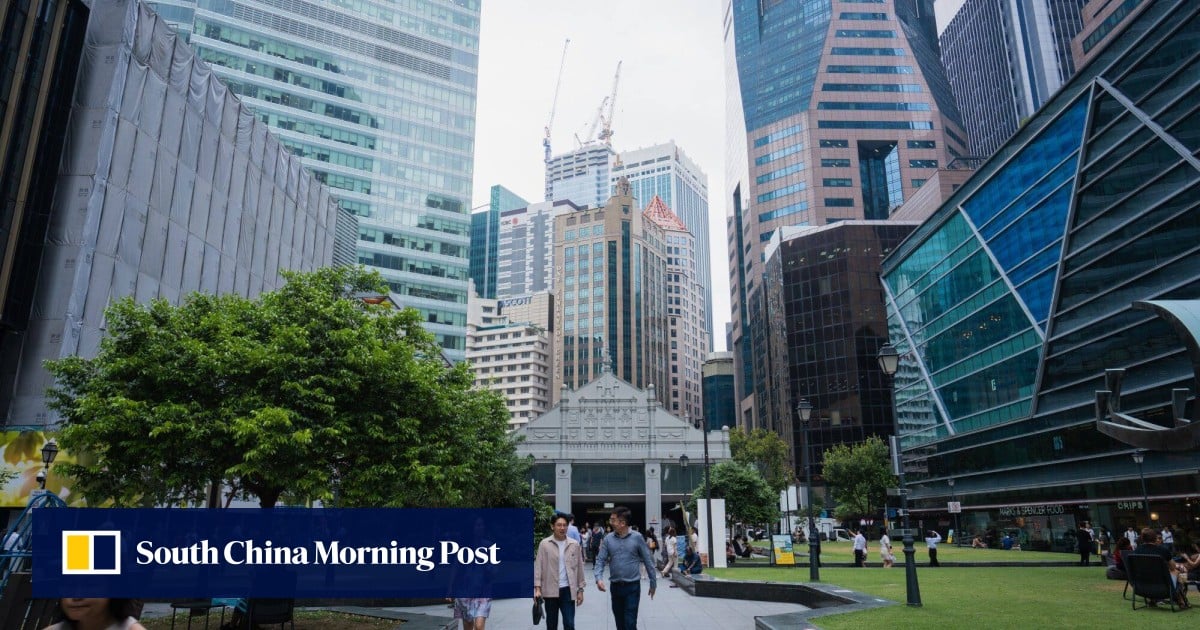
12 Apr Singapore office rents rebound as tenants from law firms to finance companies snap up space in main business zones
Rents in Singapore’s office market rose in the first three months of the year, shaking off two consecutive quarters of declines as some tenants snapped up limited premium spaces and others renewed their leases instead of relocating owing to cost considerations, according to Colliers.
In the January-to-March period, premium and central office rents in Southeast Asia’s main financial hub rose 0.7 per cent on a quarterly basis to S$11.57 (US$8.58) per square foot, the property consultancy said in a report on Thursday.
From a year ago, they were higher by 1 per cent. Vacancy rates remained steady at 2.6 per cent, it added.
Still, rents in the core and premium segment are likely to be “range bound and recover more meaningfully in the latter part of the year” along with an anticipated improvement in the economy, Colliers said. Singapore’s economy is forecast to grow by 2.4 per cent this year, rising significantly from the 1.1 per cent expansion seen in 2023, according to the monetary authorities.
According to Savills, premium office rents in the first quarter were unchanged at S$9.65 per sq ft compared to the preceding three months. On an annual basis, they rose by 0.94 per cent.
In the high-end category, the vacancy rate improved to 6.1 per cent from 6.5 per cent on a quarterly basis, but was only marginally better than the 6.2 per cent recorded 12 months ago.
“We are expecting grade A [central business district] office rents to come off 2 per cent to 3 per cent year-on-year by end-2024,” said Alan Cheong, executive director, research and consultancy, Savills in Singapore, in an emailed response to questions.
“The declines will be concentrated in the lower tier of grade A buildings whilst the top end of the spectrum or what we label as grade AAA buildings will hold firm.”
“If AGI leads to significantly lower overall net manpower requirements, plus the ability to offshore more functions, then the impact on office demand will be negative,” he said.
“At this juncture, the next generation of hardware for AGI has only just been rolled out, and it will take some quarters for the big software companies to build on these new chipsets before showcasing their services to end users such as banks, manufacturing companies, call service centres, media and shipping, among others.”
In the meantime, landlords “remain smug on rents” as many large companies had signed long leases that are not due for renewal until late this year at the earliest, Cheong said. The limited supply of prime office spaces as well as a lack of budgets for fit-outs – getting the interior ready for occupation – are also holding tenants captive in their current premises.

